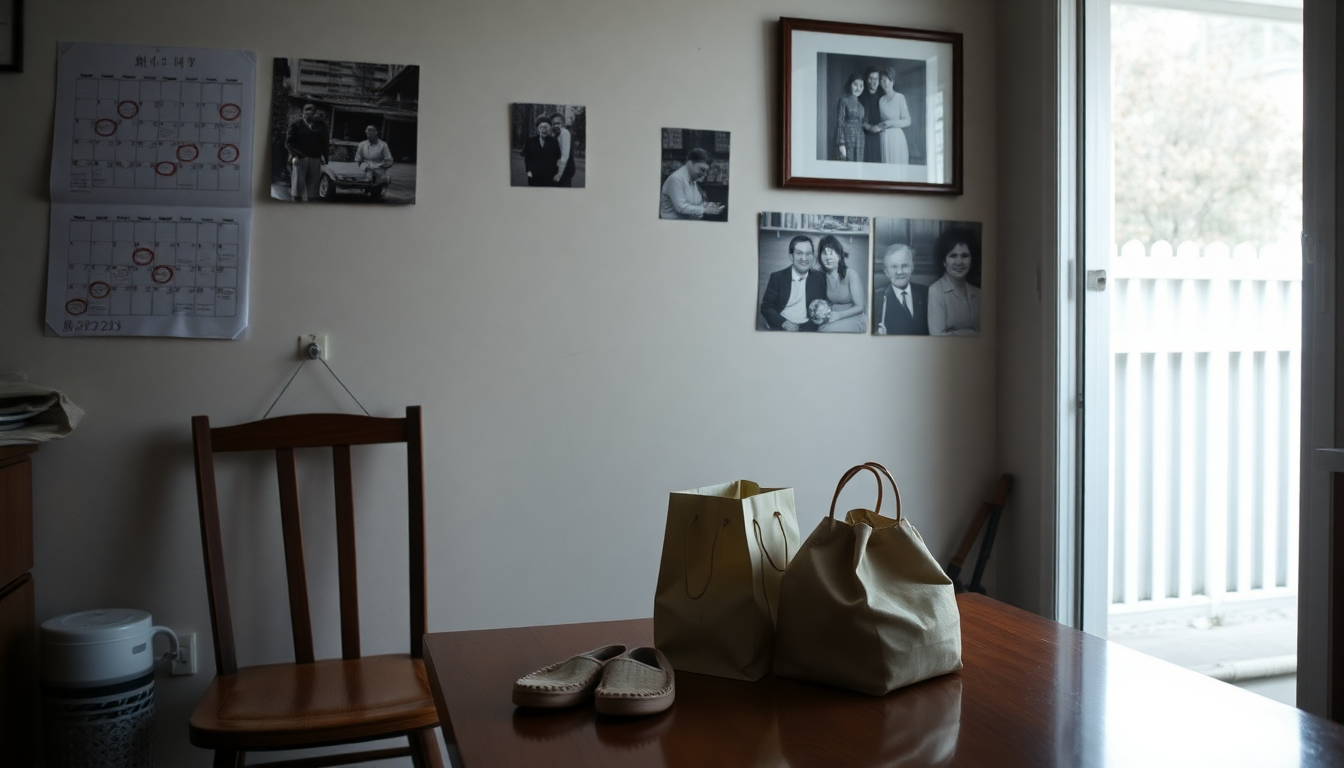Table of Contents
A recent incident in North Point, Hong Kong, has thrown a spotlight on the challenges faced by elderly residents living alone. An 88-year-old man tragically passed away in his home, while his 78-year-old wife was hospitalized after their daughters discovered them unconscious.
This heartbreaking event serves as a powerful reminder of how crucial it is to monitor the health and safety of our aging population, especially in busy urban environments.
Details of the Incident
Imagine the shock when a daughter called 911 early on Tuesday morning after failing to get in touch with her parents.
Growing increasingly worried, she and her sister rushed to their home in Lai Tak Tsuen, but received no answer at the door. After using a spare key to get inside, they found their parents in a dire state in the bedroom.
Police arrived shortly after and sadly pronounced the elderly man dead at the scene. His wife, who was described as semi-conscious, was quickly taken to Ruttonjee Hospital for urgent care. Authorities revealed that the man had a history of health issues, and an autopsy will be conducted to determine the exact cause of death.
This incident starkly illustrates the difficulties faced by elderly individuals who may lack immediate support or oversight from family.
Understanding the Implications
This couple’s tragedy highlights serious concerns surrounding elderly care in urban settings. As cities grow more crowded, older adults can easily become isolated, which can lead to devastating consequences—especially for those already dealing with health problems.
Many families juggle work and personal commitments, often unintentionally overlooking the well-being of their elderly relatives.
Community resources and support systems are essential in ensuring the safety of our aging population. Regular check-ins from family, friends, or local programs can make a world of difference in preventing such heartbreaking outcomes.
Additionally, the healthcare system must enhance outreach initiatives aimed at seniors, ensuring they have access to necessary medical care and social support.
Looking Ahead: The Need for Awareness and Action
This unfortunate event should serve as a wake-up call for all of us to raise awareness about the needs of elderly individuals living alone. Policymakers, community leaders, and families must come together to create effective solutions that address the risks faced by older adults. Potential strategies could include establishing stronger community health initiatives, improving public transport options for seniors, and launching educational programs that inform families about recognizing signs of health decline in their elderly relatives.
The responsibility to ensure our elderly population not only feels safe but thrives in their later years rests with all of us. By fostering a community that prioritizes the needs of its older citizens, we can work together to prevent similar tragedies in the future. So, what steps can you take today to support the elderly in your life?





